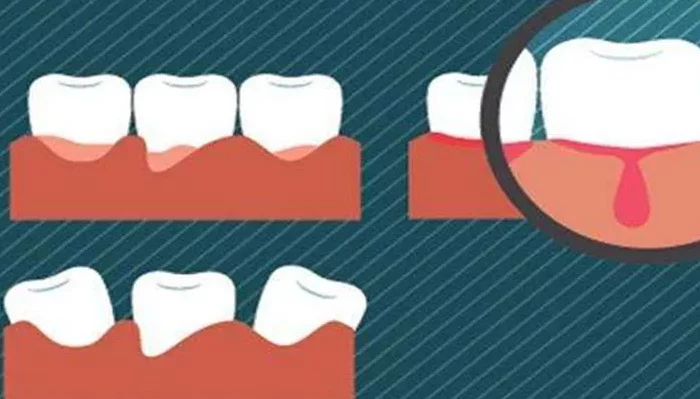Gingivitis is a common and mild form of gum disease that affects millions of people worldwide. It is characterized by inflammation and irritation of the gums, which can cause redness, swelling, and bleeding. Gingivitis is caused by a buildup of plaque, a sticky film of bacteria that forms on the teeth and gums. If left untreated, gingivitis can progress to more serious forms of gum disease, such as periodontitis, which can lead to tooth loss and other health problems.
Causes of Gingivitis
Gingivitis is caused by a buildup of plaque on the teeth and gums. Plaque is a sticky film of bacteria that forms on the teeth and gums when food particles and saliva combine. If plaque is not removed through regular brushing and flossing, it can harden into tartar, which can only be removed by a dental professional.
Plaque and tartar can irritate the gums and cause inflammation, leading to gingivitis. Other factors that can increase the risk of gingivitis include:
Poor oral hygiene: Not brushing and flossing regularly can increase the risk of plaque buildup and gingivitis.
Smoking: Smoking can weaken the immune system and increase the risk of gum disease.
Hormonal changes: Hormonal changes during puberty, pregnancy, and menopause can make the gums more sensitive and increase the risk of gingivitis.
Diabetes: Diabetes can weaken the immune system and increase the risk of gum disease.
Medications: Some medications, such as antihistamines and antidepressants, can cause dry mouth, which can increase the risk of gingivitis.
Symptoms of Gingivitis
The symptoms of gingivitis can vary from person to person, but may include:
1. Red, swollen, or tender gums
2. Bleeding gums when brushing or flossing
3. Bad breath
5. Loose teeth
6. Changes in the way teeth fit together when biting or chewing
If you have any of these symptoms, it is important to see a dental professional for an evaluation.
What’s The Cure for Gingivitis?
The treatment for gingivitis depends on the severity of the condition. In mild cases, gingivitis can be cured by improving oral hygiene habits, such as brushing and flossing regularly and using an antimicrobial mouthwash. Your dentist may also recommend a professional dental cleaning to remove plaque and tartar from the teeth and gums.
In more severe cases of gingivitis, your dentist may recommend a deep cleaning procedure called scaling and root planing.
This procedure involves removing plaque and tartar from the teeth and gums and smoothing the root surfaces to prevent bacteria from adhering to them.
In addition to these treatments, there are several steps you can take at home to prevent and treat gingivitis:
see also: Periodontitis Vs Gingivitis: What Is The Difference
Brush and floss regularly
Brushing and flossing regularly is the most important step in preventing and treating gingivitis. You should brush your teeth at least twice a day and floss at least once a day to remove plaque and food particles from between your teeth and gums.
Use an antimicrobial mouthwash
Antimicrobial mouthwashes can help to kill the bacteria that cause gingivitis. You should use an antimicrobial mouthwash that contains chlorhexidine or another antibacterial agent to rinse your mouth after brushing and flossing.
Eat a healthy diet
Eating a healthy diet that is rich in fruits, vegetables, and whole grains can help to prevent and treat gingivitis. Foods that are high in sugar and carbohydrates can increase the risk of gingivitis and other forms of gum disease.
Quit smoking
Smoking is a major risk factor for gum disease, including gingivitis. If you smoke, quitting can help to prevent and treat gingivitis and other forms of gum disease.
Manage stress
Stress can weaken the immune system and increase the risk of gum disease. Managing stress through exercise, meditation, or other relaxation techniques can help to prevent and treat gingivitis and other forms of gum disease.
In addition to these steps, your dentist may recommend other treatments to prevent and treat gingivitis, such as antibiotics or oral surgery. Antibiotics may be prescribed to help kill the bacteria that cause gingivitis, while oral surgery may be needed to remove deep pockets of bacteria and plaque from the gums.
Conclusion
Gingivitis is a common and treatable form of gum disease that can be prevented and cured by practicing good oral hygiene habits, eating a healthy diet, quitting smoking, and managing stress. If you have gingivitis, it is important to seek treatment from a dental professional to prevent it from progressing to more serious forms of gum disease.
Related topics:

